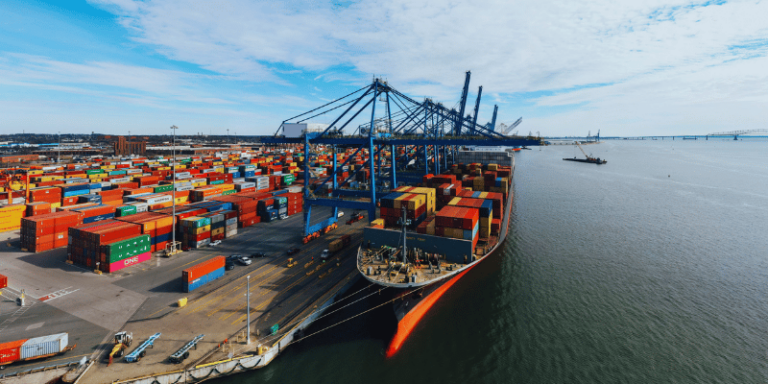Examining the Potential Impact of WTO Discussions on Tax-Free Digital Trade
The issue of tax-free digital trade has taken center stage at the World Trade Organization (WTO) biannual meeting in Abu Dhabi. As nations gather to discuss various trade-related matters, the question of whether to extend or end the moratorium on e-commerce duties for “electronic transmissions” like movies, music, and video games is being thoroughly examined. In this blog, we will explore the potential implications of these discussions without taking any biased opinions.
Understanding the Current Situation:
At present, a moratorium exists on taxes for cross-border digital media. However, there is ambiguity surrounding the exact scope and extent of products covered by this exemption. Therefore, multiple proposals are being put forth to address the issue and provide clarity on the tax-free status.
Considerations and Perspectives:
Supporters of continuing the moratorium argue that it benefits consumers by keeping prices lower and encouraging the global expansion of digital services. Moreover, many businesses, especially small- and medium-sized enterprises, rely on the current tax-free framework to operate efficiently. On the other hand, opponents of the moratorium argue that it deprives developing countries of potential tax revenue. They highlight the importance of bridging the “digital divide” and promoting inclusivity within the digital landscape.
Potential Impact:
The discussions being held at the WTO are highly significant, given that the export value of digitally delivered services has exceeded that of goods and other services in recent years. However, the growth and penetration of digital networks are still uneven across countries, with developing nations potentially less reliant on the tax-free status. Some proposals, such as South Africa’s, suggest redirecting tax revenue towards bridging the digital divide and promoting sustainable development.
Industry Perspectives:
Various industry groups, including the Motion Picture Association and the U.S. Chamber of Commerce, are advocating for the continuation of the tax-free status. They argue that failing to extend the moratorium could result in the introduction of customs duties and restrictions, potentially hampering industries and workers across the economy. These groups assert that maintaining the tax-free status is crucial to preserve the credibility and longevity of the WTO.
The ongoing discussions at the WTO on tax-free digital trade have far-reaching implications for businesses, governments, and consumers worldwide. The ultimate decision regarding the extension or termination of the moratorium will impact various stakeholders. Balancing the benefits of tax-free digital trade with the need for inclusivity and sustainable revenue generation is crucial. As the negotiations unfold, it is important to closely monitor developments that may shape the future of cross-border digital commerce.

Tariff Classification Course
Classification Workshop for import, export, FTA determination & clarification on Section 301 and Section 232. Critical information is not only for duty purposes but also to determine whether goods are subject to quotas, restraints, embargoes, or other restrictions.






